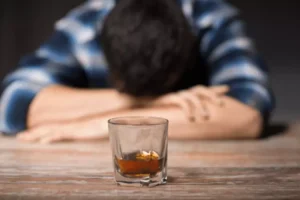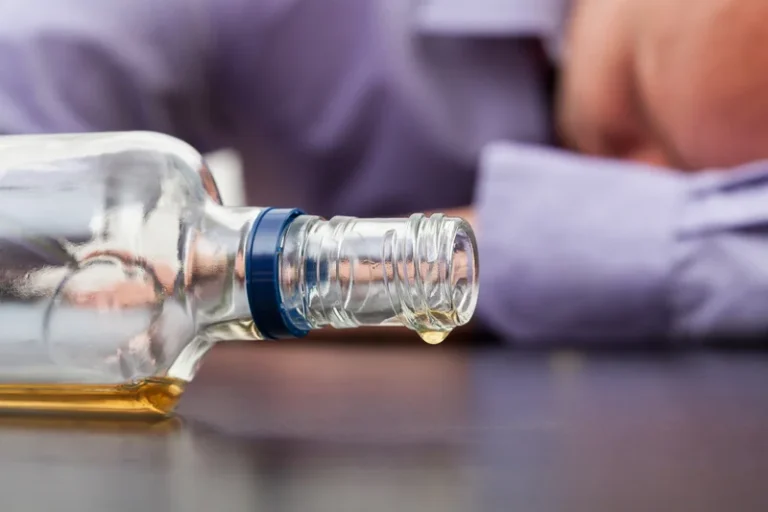
This means that drinking beer can dehydrate you, but you should drink it in moderation. During a heat wave, you should drink half a pint of beer, preferably alcohol-free. In fact, athletes and other sports enthusiasts have been known to run for a beer after their games. Bicyclists and runners enjoy hanging out at pubs after training or a race. In addition, you’re likely to lose a lot of water while exercising, so if you’re thirsty, you can always bring a beer.
Increased risk of heat stroke:

Drinking alcohol dehydrates you, and consuming alcoholic beverages typically causes dehydration-related hangover symptoms, including headaches, low energy, a rapid heartbeat, dry mouth, and dizziness. However, the diuretic effects of caffeine ingestion appear to vary among individuals. While some people can consume several cups of coffee daily without experiencing excessive fluid loss, others need significantly less caffeine to develop signs of dehydration. While it’s well known that alcohol has dehydrating effects, many people believe that all non-alcoholic fluid intake counteracts fluid loss and promotes hydration. All types of alcoholic drinks cause dehydration to an extent. However, alcohol’s dehydrating effects will be somewhat reduced in some of the “lighter” alcoholic drinks.
Mild Dehydration
Understanding these impacts can help us make more informed decisions about our alcohol consumption, particularly when it comes to maintaining a balanced diet and optimizing physical performance. If you have a routine, drinking a chilled can of beer after exercise or love to drink on a hot sunny day, it’s high time you change your does alcohol dehydrate you habit. Drinking beer on an empty stomach gives its alcoholic contents a quick entry into your bloodstream as compared to drinking while having lunch or dinner. When you’re eating and drinking side-by-side, it takes time for your body to break down each content. So you won’t feel extremely dehydrated as quickly afterward.
Maple Water
Alcohol can also significantly influence appetite and food choices. Some studies suggest that alcohol consumption can stimulate appetite and lead to an increased intake of food, contributing to a surplus of calories. Additionally, alcohol lowers inhibitions and can result in less healthy food choices, leading individuals to opt for high-fat, high-sugar foods instead of nutrient-dense meals.

- “The liver can handle a certain amount of alcohol, but as a person continues to drink, it can become stressed to the point of causing permanent damage.”
- These results suggest that the physiological effects of alcohol are related to the habitual drinking behavior of individuals.
- In the study, researchers used Positron emission tomography (PET) scans to measure the dopamine levels of 49 men when they drank non-alcoholic beer verses a sports drink.
The chronic consumption of alcohol can lead to more severe disruptions in nutrient metabolism, potentially causing malnutrition. Not only does alcohol impair the absorption of nutrients, but it also affects their storage and use within the body. For instance, it influences how the liver stores vitamins and minerals, and it can interfere with the conversion of these nutrients into their active forms that the body can use.
Dehydration From Alcohol: 5 Tips to Prevent and Treat It

The best advice to get rid of that nasty hangover is to drink plenty of water and electrolytes, and stick to your normal healthy way of eating. Check out our Day After Drinking survival guide for more help. Given the negative impacts of alcohol on muscle recovery and rehydration, it’s advisable to avoid alcohol consumption immediately after exercise. If you’re concerned about weight management, opt for lower-calorie alcoholic beverages.
Can IBS Cause Dehydration?

Over time, this can lead to malnutrition, affecting overall health, immune function, and the body’s ability to repair itself. When you don’t adequately replace this excess loss of fluids, you become dehydrated. A diuretic is a substance that causes the body to produce more urine.
“Drinking Beer is the best way to Stay Hydrated.”
Dehydration may also impair blood sugar response in some, such as those with type 2 diabetes. Research from 2017 found that people with diabetes who had 3 days of low water intake had an impaired blood glucose response. Lower levels of hydration in the body decrease the volume of the cells, which may impact a person’s blood sugar. Research from 2016 found that the sensation of a cool, carbonated beverage makes people think the beverage quenches thirst better. This can lead to drinking less additional liquid after having a drink such as a soda, which could make the effects of dehydration worse. While tea tends to have less caffeine than coffee, increased tea consumption can still contribute to the total amount of caffeine a person has each day and yield dehydration.
The Inner Fight for Water
- Being sick, particularly running a fever, having diarrhea, or vomiting, can also dehydrate you.
- Pay attention to how your body is feeling whenever you drink.
- Putting the science aside, the bottom line is that alcohol makes you pee more, causing you to lose more water.
- Additionally, alcohol can interfere with the body’s balance of certain hormones that control metabolism, including those involved in regulating blood sugar levels.
These are all over one-third alcohol in total content and thus are more likely to dehydrate you. To understand why alcohol makes you urinate more you need to understand ADH. When the human body senses it is getting dehydrated, ADH is produced by the pituitary gland to reduce urination. Reducing your alcohol consumption overhaul will help you avoid some of the bigger health risks from long-term dehydration and drinking. Consuming foods with high water content, such as fruits and vegetables, can help counteract the dehydrating effects of alcohol.